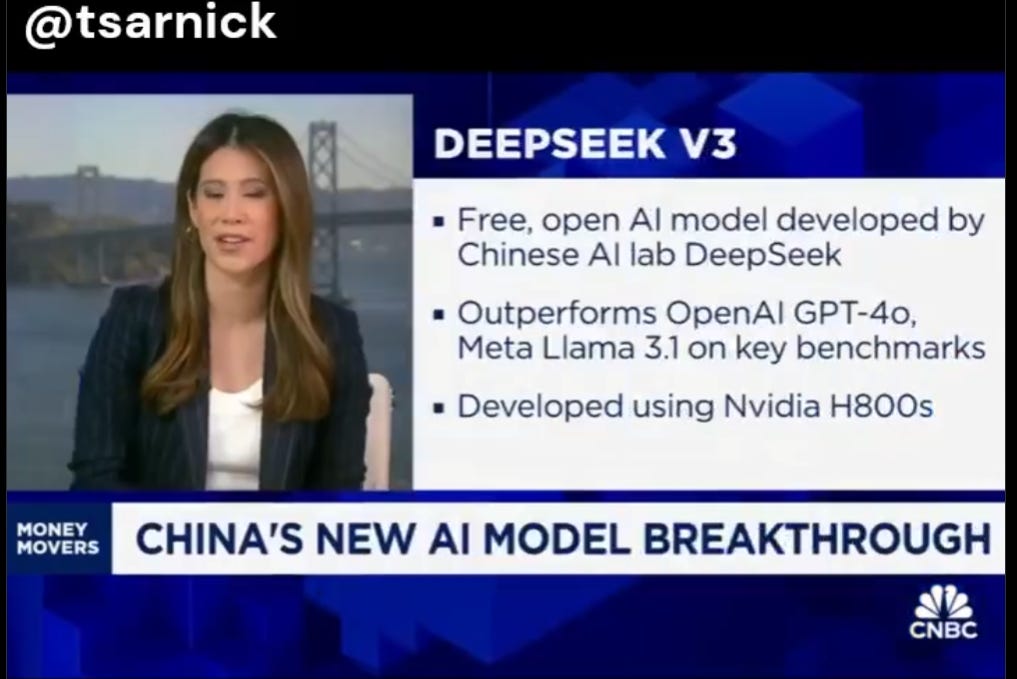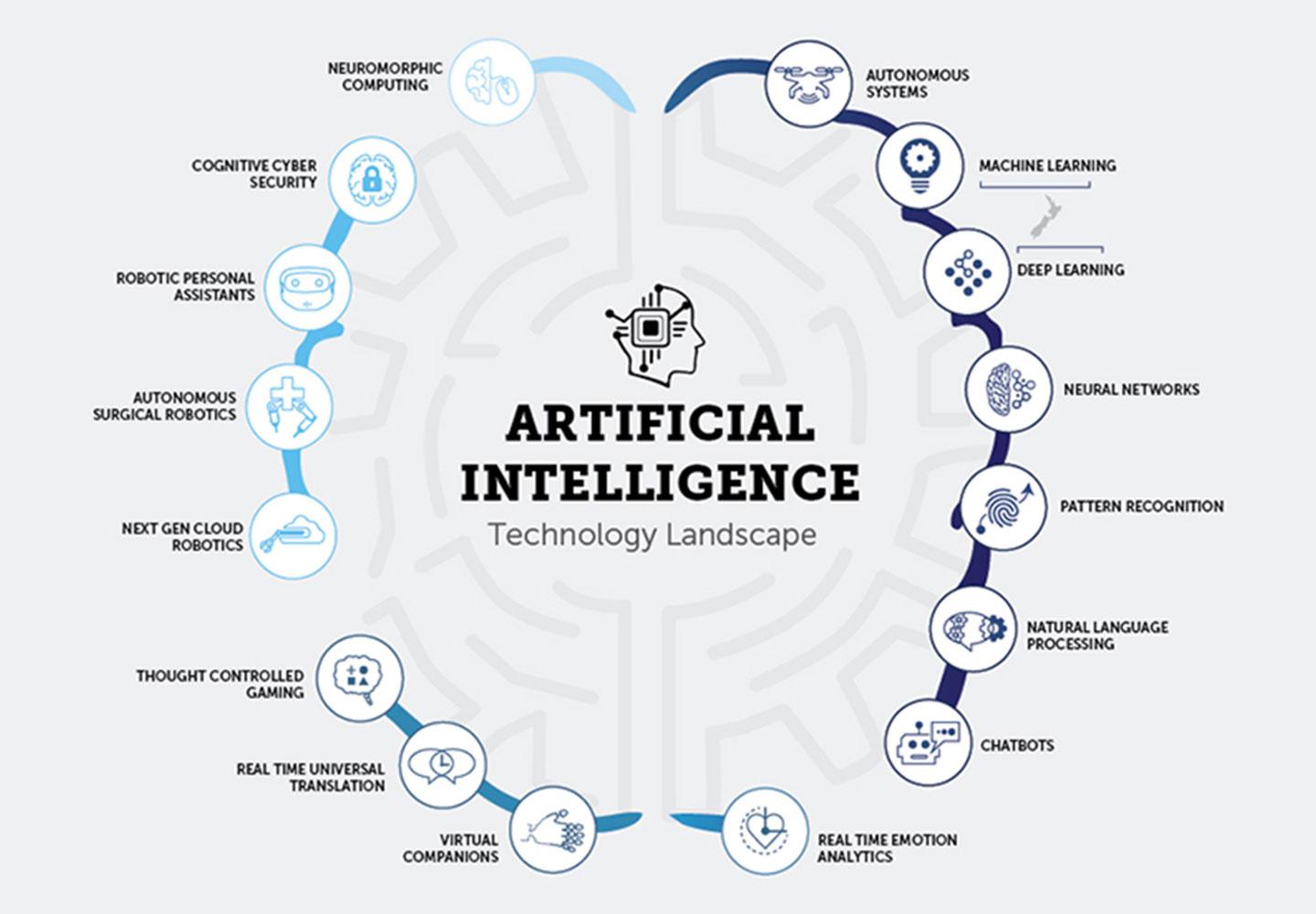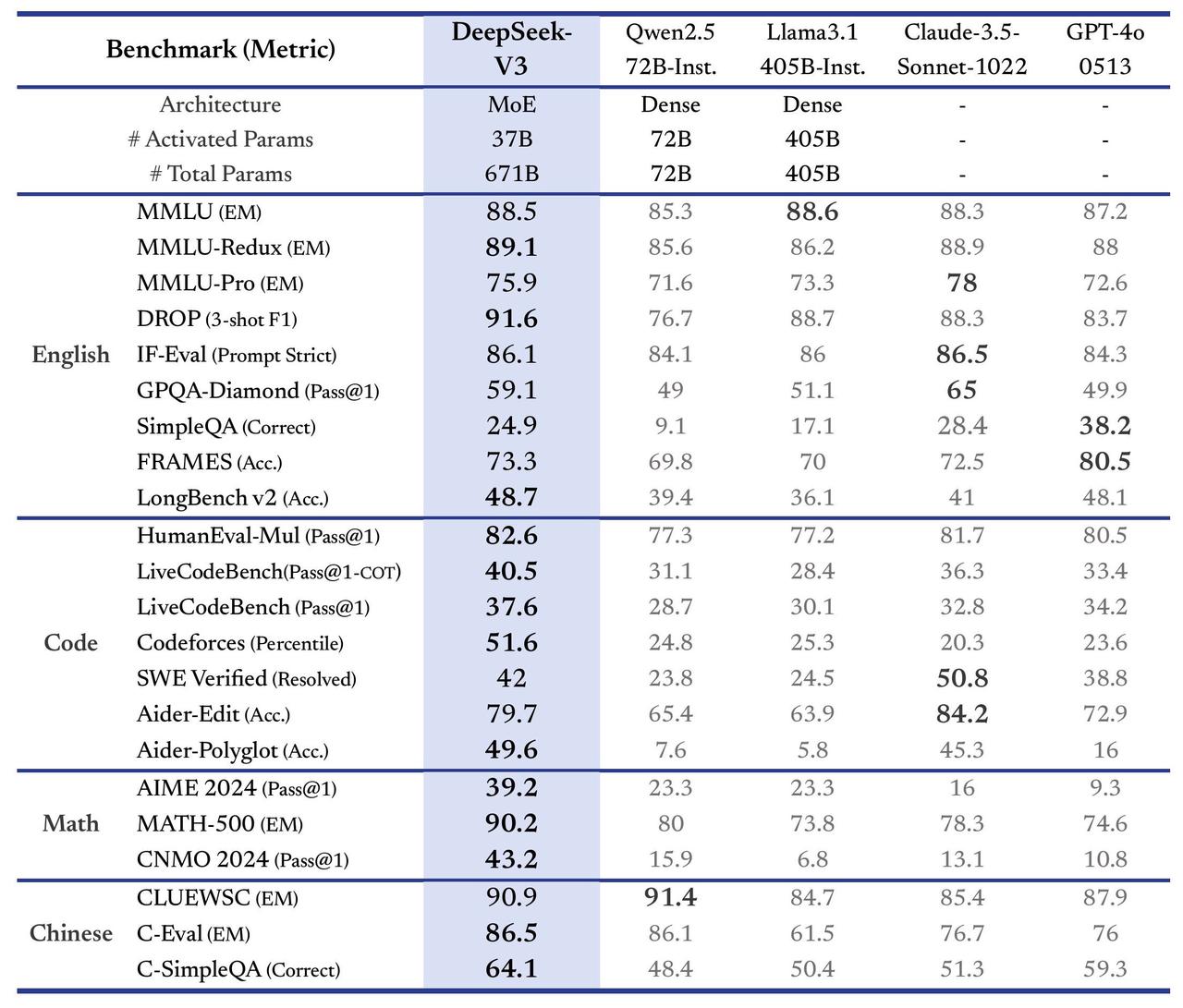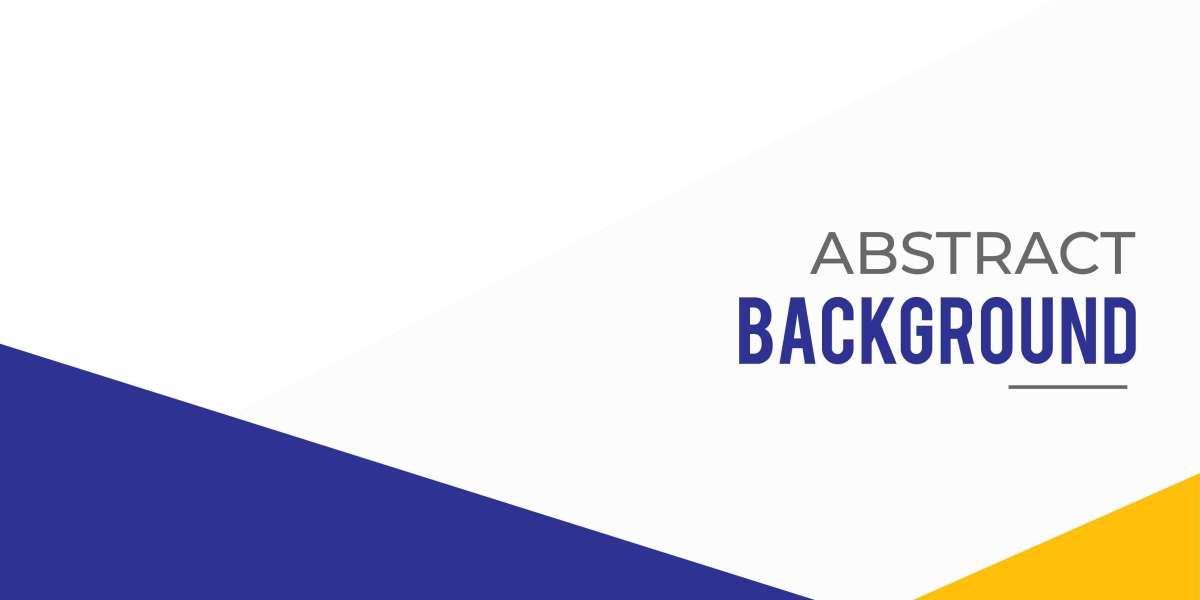
Technology is changing our world at an amazing pace! Its sweeping modifications can be discovered all over and they can be described as both thrilling, and at the exact same time frightening. Although individuals in many parts of the world are still trying to come to terms with earlier technological revolutions together with their sweeping social and instructional ramifications - which are still unfolding, they have actually been awoken to the truth of yet another digital revolution - the AI transformation.
Expert System (AI) innovation refers to the capability of a digital computer or computer-controlled robot to carry out tasks that would otherwise have actually been brought out by human beings. AI systems are designed to have the intellectual processes that characterize human beings, such as the capability to reason, find significance, generalize or gain from past experience. With AI innovation, huge quantities of information and text can be processed far beyond any human capability. AI can also be utilized to produce a large variety of new content.

In the field of Education, AI technology includes the possible to make it possible for brand-new types of mentor, finding out and educational management. It can also boost finding out experiences and support teacher tasks. However, in spite of its favorable capacity, AI likewise presents substantial risks to trainees, the mentor neighborhood, education systems and society at big.
What are a few of these risks? AI can decrease teaching and discovering processes to estimations and automated tasks in manner ins which decrease the value of the role and impact of instructors and weaken their relationships with students. It can narrow education to just that which AI can process, design and provide. AI can also aggravate the worldwide scarcity of certified teachers through out of proportion costs on innovation at the expenditure of investment in human capability development.
Making use of AI in education also creates some essential concerns about the capacity of instructors to act purposefully and constructively in figuring out how and when to make sensible use of this innovation in an effort to direct their professional development, find options to obstacles they face and enhance their practice. Such basic concerns consist of:
· What will be the role of teachers if AI innovation end up being widely implemented in the field of education?
· What will evaluations appear like?
· In a world where generative AI systems seem to be establishing brand-new capabilities by the month, what abilities, outlooks and proficiencies should our education system cultivate?

· What modifications will be required in schools and beyond to assist students plan and direct their future in a world where human intelligence and maker intelligence would appear to have ended up being ever more closely linked - one supporting the other and vice versa?
· What then would be the purpose or function of education in a world dominated by Artificial Intelligence technology where human beings will not necessarily be the ones opening brand-new frontiers of understanding and understanding?
All these and more are daunting concerns. They require us to seriously think about the concerns that arise relating to the execution of AI technology in the field of education. We can no longer just ask: 'How do we get ready for an AI world?' We must go deeper: 'What should a world with AI appear like?' 'What roles should this powerful technology play?' 'On whose terms?' 'Who chooses?'
Teachers are the primary users of AI in education, and they are anticipated to be the designers and facilitators of students' learning with AI, the guardians of safe and ethical practice throughout AI-rich academic environments, and to act as good example for lifelong finding out about AI. To assume these obligations, instructors require to be supported to establish their abilities to take advantage of the potential benefits of AI while reducing its dangers in education settings and broader society.

AI tools ought to never ever be developed to replace the legitimate responsibility of instructors in education. Teachers need to stay responsible for pedagogical choices in making use of AI in teaching and in facilitating its uses by students. For teachers to be accountable at the useful level, a pre-condition is that policymakers, teacher education institutions and schools assume duty for preparing and supporting teachers in the appropriate use of AI. When presenting AI in education, legal defenses need to likewise be developed to secure instructors' rights, and long-term financial dedications require to be made to ensure inclusive access by teachers to technological environments and standard AI tools as essential resources for adjusting to the AI era.

A human-centered approach to AI in education is crucial - a technique that promotes essential ethical and
useful principles to help regulate and direct practices of all stakeholders throughout the entire life cycle of AI systems. Education, given its function to safeguard along with assist in advancement and knowing, garagesale.es has a special obligation to be completely mindful of and responsive to the risks of AI - both the known threats and those only just appearing. But frequently the dangers are ignored. Making use of AI in education for that reason needs cautious factor to consider, consisting of an examination of the developing functions instructors need to play and the competencies needed of instructors to make ethical and effective use of Artificial Intelligence (AI) Technology.
While AI uses chances to support instructors in both mentor as well as in the management of learning processes, significant interactions between instructors and students and human thriving ought to stay at the center of the academic experience. Teachers should not and can not be changed by innovation - it is vital to secure instructors' rights and guarantee adequate working conditions for them in the context of the growing use of AI in the education system, in the work environment and in society at large.






